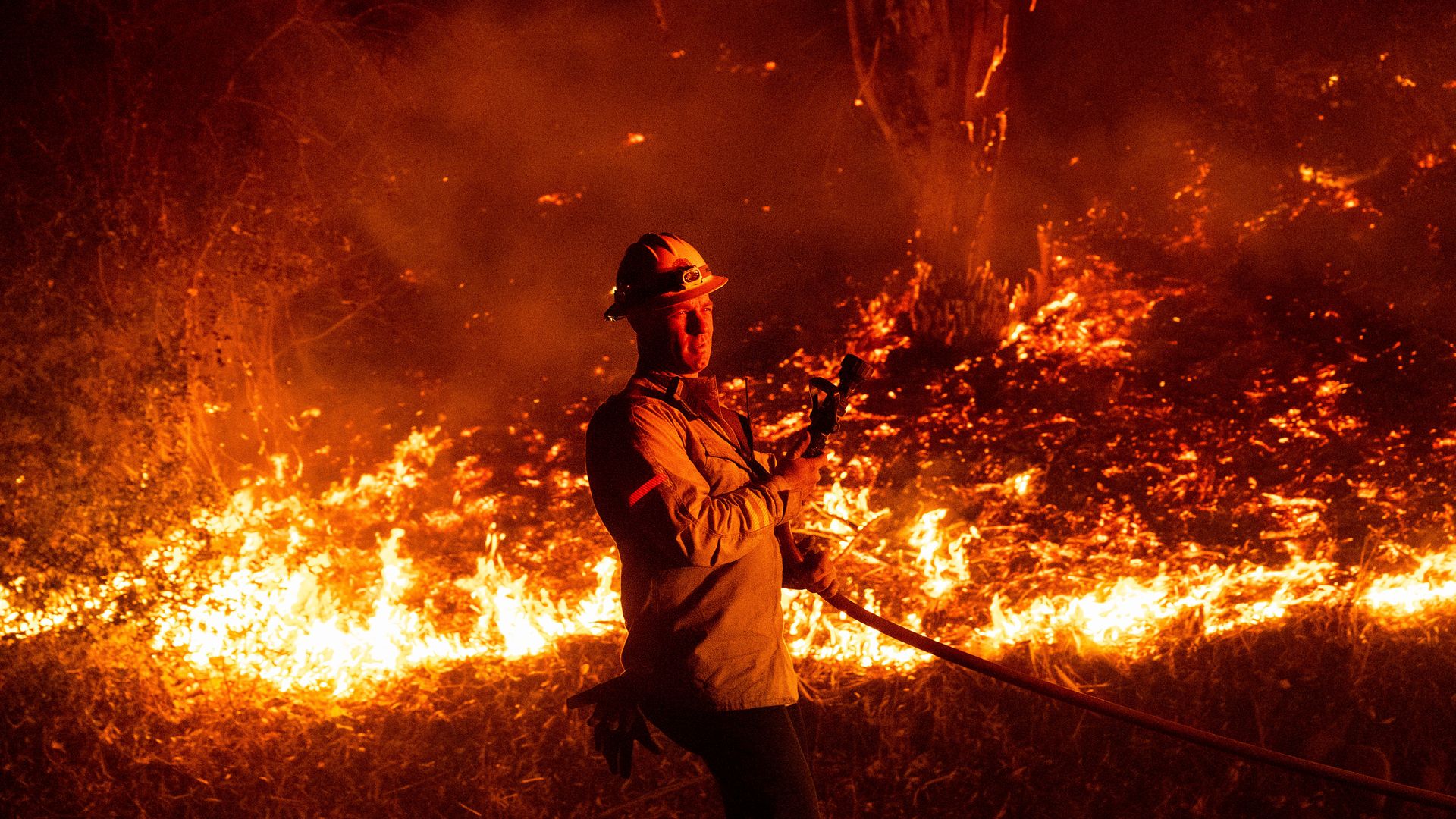
AUGUSTA, Maine — Independent presidential candidate Robert F. Kennedy Jr. sued Maine Secretary of State Shenna Bellows on Wednesday over limits on campaigns collecting signatures at polling sites during the March 5 primary election.
Kennedy attorneys Paul Rossi and Steve Whiting called Bellows a “Democrat partisan hack” and claimed she implemented a “sudden ban” on independents and their circulators collecting petition signatures at Maine polls to qualify for the November ballot alongside the Democratic and Republican frontrunners: President Joe Biden and former President Donald Trump.
It is a late legal move from Kennedy, the son of the late U.S. Attorney General Robert F. Kennedy and nephew of President John F. Kennedy. He is best known for anti-vaccine activism. Last year, Kennedy entered the presidential race as a Democrat. But in October, he said he would run instead as an independent.
The lawsuit, filed Wednesday in U.S. District Court and assigned to U.S. District Judge John Woodcock Jr., said Maine has historically allowed independents to join major party candidates in collecting petition signatures inside polling locations on tables provided by the state.
It claims the campaign was initially informed it would be allowed to collect signatures inside polling locations on March 5. Bellows then informed town clerks around Feb. 12 to not allow signature collection at primary polling locations so as to not “unduly influence the voters.”
Non-party presidential candidates in Maine must file petitions with at least 4,000 signatures by Aug. 1 to qualify for the November ballot. Kennedy’s lawsuit asks a judge to allow third-party and independent candidates to collect signatures inside primary polls.
“She’s out of control,” Rossi said in an interview.
Bellows responded in an interview by saying Maine law “very clearly” lays out how no one is allowed to “attempt to influence another person’s decision regarding a candidate for office that is on the ballot for the election that day” inside a polling place or within 250 feet of its entrance.
The prohibition could apply to Kennedy because he is running for the same office as the major party contenders on the ballot on March 5, when Maine and more than a dozen other states hold “Super Tuesday” primaries. Kennedy’s campaign could collecting signatures at polling places on June 11, when Maine holds primaries for other federal, state and county offices.
But the Kennedy campaign’s lawsuit says that Maine statute has “never been enforced” to ban signature collection inside polling locations during primary or general elections. It also says Maine’s primary is only to elect “political party delegates to national party conventions.”
Maine law allows a candidate or a candidate’s representative to greet voters at polling sites as long as they do not have any button, name tag, apparel or other items with the candidate’s name or name of the office the candidate is seeking in that election year.
Rossi also criticized Bellows for her December decision to rule Trump ineligible for Maine’s ballot after agreeing with Maine voters who argued he violated the 14th Amendment’s insurrection clause by inciting the Jan. 6, 2021, riots at the U.S. Capitol.
Trump appealed that decision and a similar one in Colorado. An opinion is pending from the U.S. Supreme Court, which during Feb. 8 oral arguments appeared likely to side with Trump.
Kennedy, 70, said in January he would launch a “We the People” party in several states, not including Maine, to take advantage of lower signature requirements for new parties. Kennedy’s family name recognition has drawn murmurs over how many votes he could siphon from Trump, 77, and Biden, 81, due in part to voter apathy, age concerns and Trump’s myriad legal issues.












